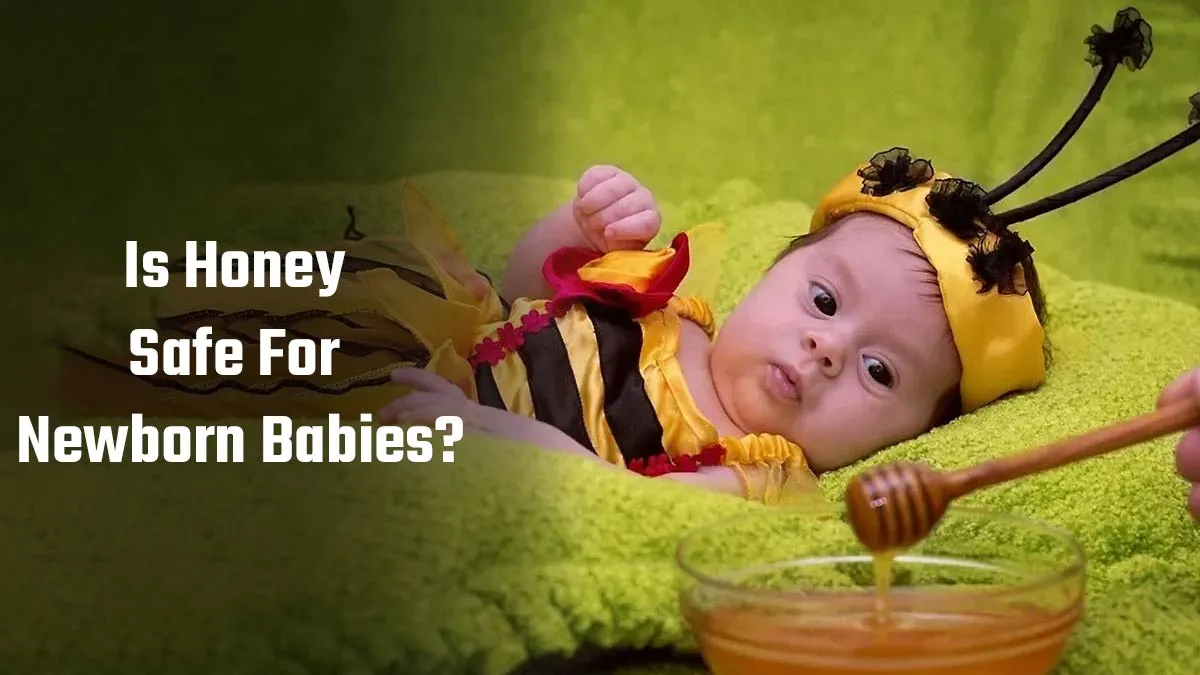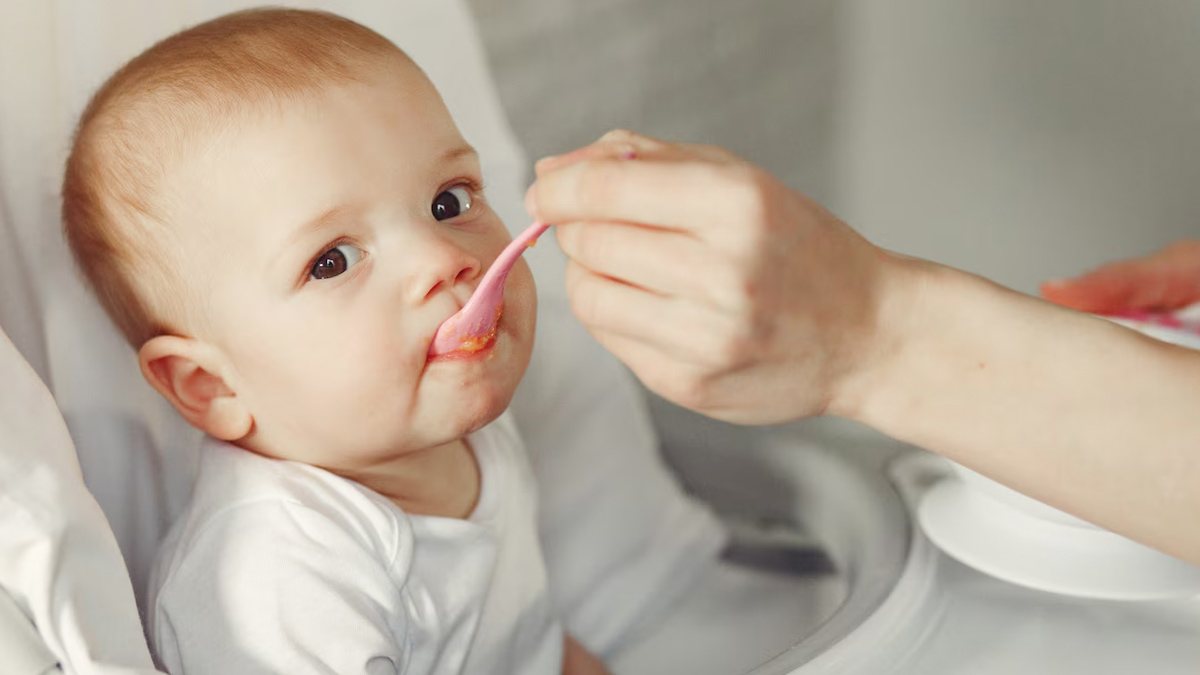
Honey is often praised as a natural sweetener, packed with antioxidants and used in home remedies for coughs or allergies. Many parents assume it’s a healthy choice for babies, too. But this golden syrup hides a dangerous secret for infants under one year old. While honey is safe for older children and adults, it poses a serious risk of infant botulism. It is a rare but life-threatening condition. Why is honey harmful to babies, and what makes their tiny bodies so vulnerable? Read ahead to understand the science behind this warning and learn how to keep your little ones safe.
Table of Content:-
Why Honey Is Dangerous for Babies
View this post on Instagram
Honey may look pure, but it can contain invisible spores of a bacteria called Clostridium botulinum. These spores are harmless to older children and adults with mature digestive systems. However, a baby’s gut is still developing, making it the perfect environment for these spores to grow and release dangerous toxins.
Sukaina Abbas, Pediatric Resident, Marshfield Clinic Health System, Marshfield, explains: “Honey and baby do not go together. The bacteria in honey can release toxins in a baby's immature gut and cause botulism. This is not about purity—it’s about safety.”
What Is Infant Botulism?
-1742538059464.jpg)
Infant botulism occurs when the C. botulinum toxins attack a baby’s nervous system. Symptoms often appear within 18–36 hours after exposure and worsen rapidly. Key signs include:
- Weakness or floppiness in muscles (like a “limp” neck or limbs).
- Poor feeding or difficulty sucking.
- Constipation (no bowel movements for days).
- Weak cry or reduced facial expressions.
- Breathing troubles, which may require ventilator support.
In severe cases, babies may need weeks or months of intensive care. “It can lead to paralysis or even breathing failure,” warns Sukaina Abbas.
ALSO READ: Baby’s First Dental Care: Expert Tips for Newborn and Infant Oral Health
Why Are Babies at Risk?

A baby’s digestive system lacks the stomach acidity and mature gut bacteria needed to destroy C. botulinum spores. These spores can thrive in their intestines, producing toxins that block nerve function.
Key Facts:
- Babies under 12 months are at highest risk.
- Even a tiny amount of honey—like a dab on a pacifier—can cause botulism.
- Never add honey to baby food, formula, or water.
A Study Highlights the Danger
A 2018 review published in Pediatrics analyzed 82 cases of infant botulism in the USA Over 85% of these cases were linked to honey exposure. Researchers confirmed that delaying honey until after the first birthday eliminates this risk. The American Academy of Pediatrics (AAP) strictly advises against giving honey to babies under one year, even if it’s pasteurized or cooked.
Hidden Sources of Honey
Honey isn’t just in jars. It can hide in foods or products like:
- Processed snacks (e.g., honey-coated cereals or crackers).
- Homemade remedies (e.g., honey-infused gripe water).
- Baked goods (e.g., honey-sweetened muffins or breads).
- Always check labels and ask caregivers to avoid honey-containing foods.
When Is Honey Safe?
-1742538091971.jpg)
After a baby turns one, their digestive system can handle C. botulinum spores. At this stage, small amounts of honey are safe. Until then, stick to alternatives like:
- Fruit purees (mashed bananas or applesauce).
- Breast milk or formula for sweetness and nutrition.
ALSO READ: Is Kajal Safe for Babies? Here Is How It May Cause More Harm Than Protecting Them From Evil Eye
Final Word: Keep Babies and Honey Separate
Honey may be a natural and healthy choice for older children and adults, but it’s a serious risk for babies under one year. Sukaina Abbas sums it up clearly: “Keep baby and honey separate, at least until one year of age. It’s not worth the risk.” By avoiding honey and educating caregivers, parents can protect their little ones from this preventable danger. Always consult your pediatrician if you have concerns.
Also watch this video
Read Next
Is Kajal Safe for Babies? Here Is How It May Cause More Harm Than Protecting Them From Evil Eye
How we keep this article up to date:
We work with experts and keep a close eye on the latest in health and wellness. Whenever there is a new research or helpful information, we update our articles with accurate and useful advice.
Current Version